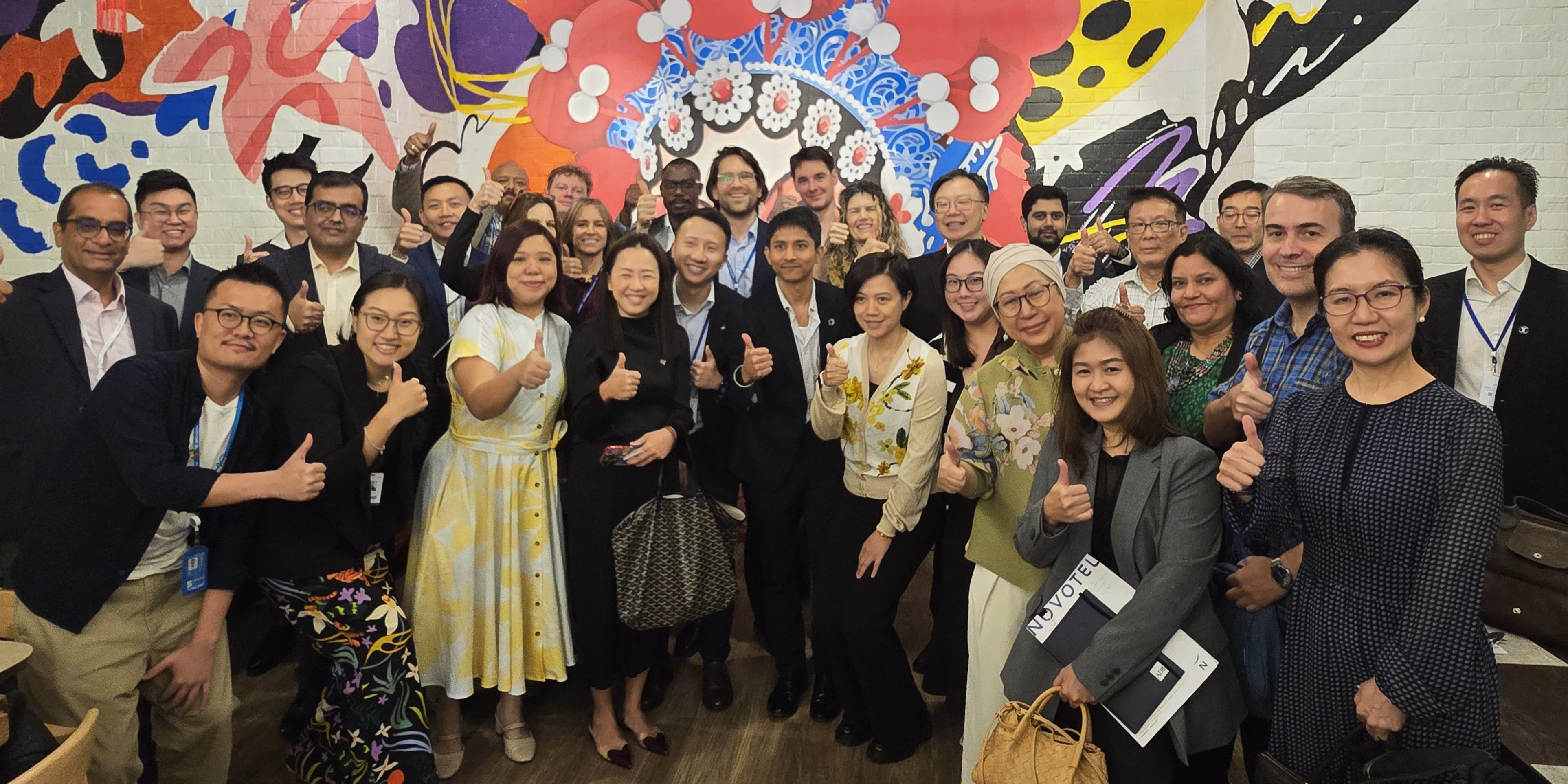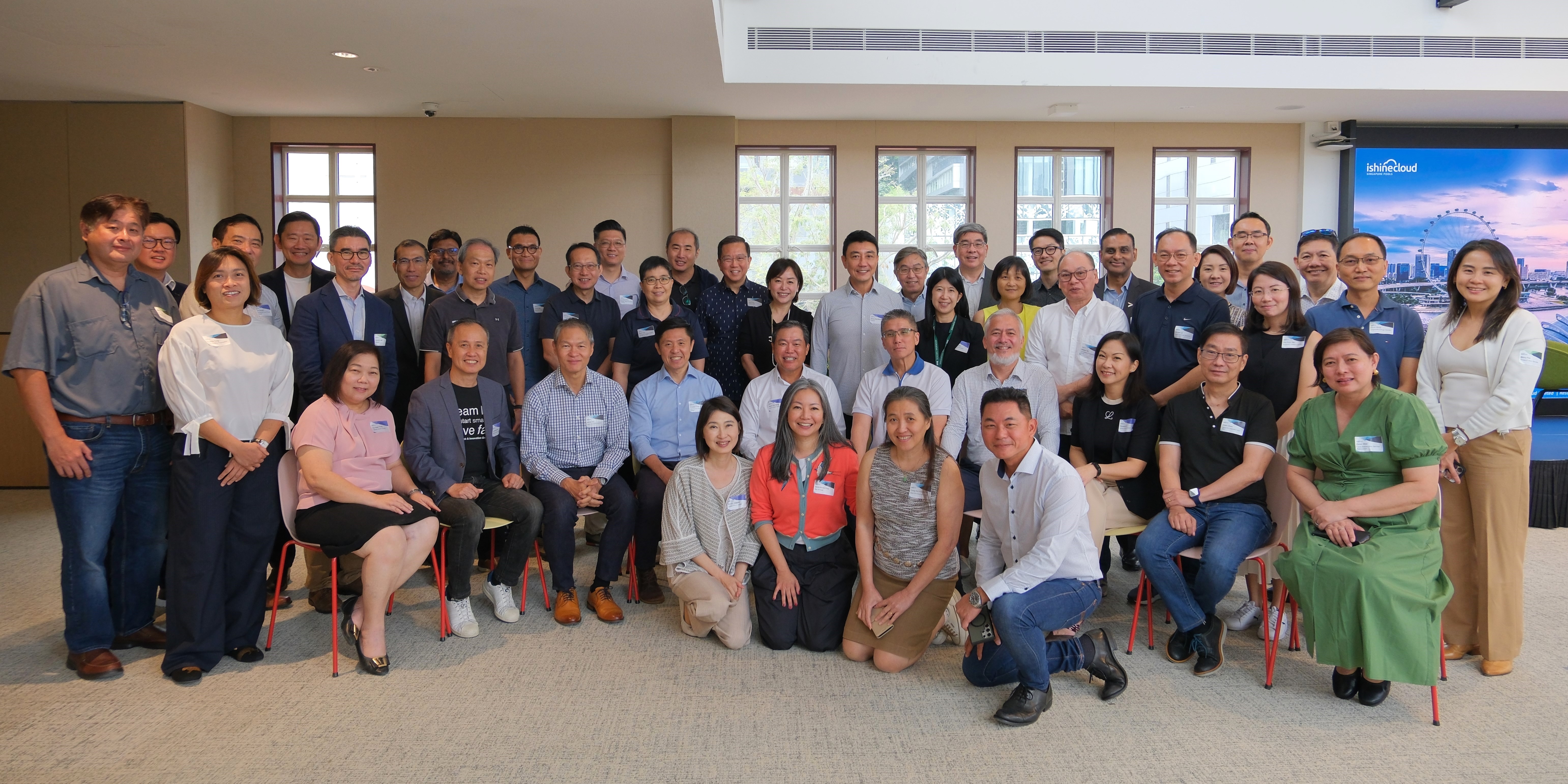(Trainees wearing face shields over their face masks. Photo credit: Association for Persons with Special Needs)
Masks are now an integral part of our everyday lives. While regular face masks provide basic protection for most of us, it may not be suitable for those with special needs.
Teik Guan – a volunteer and committee member of The Association for Persons with Special Needs (APSN) – initiated the Good Protection for Special Needs project in partnership with the APSN Centre for Adults (CFA).
APSN’s mission is to train and guide those with special needs to be vocationally ready so that they can strive to live independently. Trainees with sensory processing sensitivity often find that wearing masks for an extended period of time is a source of great discomfort. Some of them may drool or have trouble controlling their facial actions, which reduces the effectiveness of the face masks.
Teik Guan saw the need to select and customise suitable personal protective equipment for these trainees as well as provide them with the training to properly use them.
“Due to their condition, trainees may require a longer time to understand and accept the importance of personal protection, and learn to wear masks correctly.” —Teik Guan, Volunteer and Committee Member, APSN
The pandemic is far from over, so there is a need to explore longer-term solutions that are safe as well as economical and sustainable. During the initial phase, the Good Protection for Special Needs team scrambled to quickly obtain readily available protection for trainees. Hampered by limited funds, the team approached the oscar@sg fund for urgent support to move ahead with the project.
The grant enabled the team to identify an interim solution – face shields. Customised to fit the physical needs of the trainees, the face shields provided trainees with an additional layer of protection, especially for those unable to adapt to donning face masks.
“With the face shields, our staff, trainees and their parents are more confident to resume some of the on-site vocational training, which will help our trainees gain independence and be able to contribute back to society.”
—Teik Guan
Currently, the customised face shields have benefitted both trainees and staff, and are expected to be available to all 200 trainees soon. The work does not just stop here though. Continual assessment of the effectiveness of current measures will help ensure that safety measures are sufficiently effective for trainees and staff.
APSN hopes to expand the project to benefit the alumni as well. Plans are underway to explore supplementing the use of face shields with additional measures such as disinfectant sprays. As Singapore adapts to the new normal, we must continue to be inclusive in our fight against COVID-19. People with special needs are an integral part of our society and we must commit to taking care of the most vulnerable among us, so that we all can continue to stay safe and healthy in our community.

Strengthening the Ecosystem for Climate–Health Action in Asia-Pacific
/apsn_1.jpg?sfvrsn=52323e0e_1)



